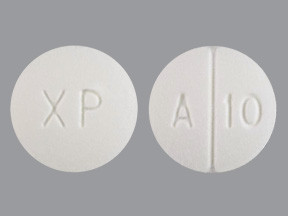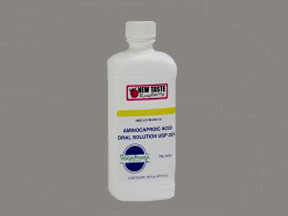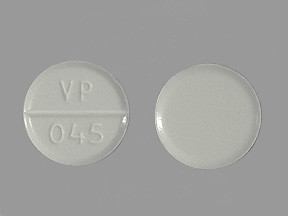AMINOCAPROIC ACID - ORAL
PHONETIC PRONUNCIATION: (a-MEE-noe-ka-PROE-ik-AS-id)
COMMON BRAND NAME(S): Amicar
GENERIC NAME(S): aminocaproic acid
Uses
USES: This medication is used to help control bleeding due to a condition where your blood does not clot the way it normally should (fibrinolysis). This may cause serious bleeding after certain surgeries or in certain conditions (such as bleeding disorders, liver disease, cancer). Aminocaproic acid works by helping your blood clot normally. It belongs to a class of drugs known as antifibrinolytics.
How to use AMINOCAPROIC ACID - ORAL
HOW TO USE: Take this medication by mouth as directed by your doctor. Follow your doctor's instructions carefully. The dosage and how often you take this medication are based on your medical condition and response to treatment. Your doctor should closely monitor you until your bleeding is controlled. See also Notes section. It is very important to take this medication as prescribed by your doctor to get the most benefit from it. Do not skip any doses. Do not increase your dose or use this drug more often or for longer than prescribed. Your condition will not improve any faster, and your risk of side effects will increase. If you are using the liquid form of this medication, carefully measure the dose using a special measuring device/spoon. Do not use a household spoon because you may not get the correct dose. Tell your doctor if your condition lasts or gets worse.
Side Effects
Precautions
Interactions
Overdose
Images

- color
- white
- shape
- oblong
- imprint
- XP, A 20
Reviews
Faq for AMINOCAPROIC ACID - ORAL
Aminocaproic acid is an antifibrinolytic medication that helps prevent or stop excessive bleeding by preventing the breakdown of blood clots.
Aminocaproic acid is mainly used to treat or prevent excessive bleeding in conditions such as hemophilia, certain surgeries (e.g., heart surgery, prostate surgery), dental extractions in patients with bleeding disorders, and certain types of hemorrhages.
Aminocaproic acid works by blocking the enzymes that dissolve blood clots, thus promoting clotting and reducing bleeding.
Common side effects of aminocaproic acid may include headache, nausea, vomiting, diarrhea, stomach pain, muscle or joint pain, tiredness, and dizziness. Notify your doctor if you experience any severe or persistent side effects.
Aminocaproic acid is usually taken by mouth with or without food, as directed by your doctor. The dosage will depend on your medical condition and response to treatment. It is important to follow your doctor's instructions and not exceed the prescribed dose.
It is important to consult with your doctor before using aminocaproic acid if you are pregnant or breastfeeding. Your doctor will weigh the potential benefits versus the risks before prescribing this medication.
Aminocaproic acid may interact with certain medications, including blood thinners (e.g., warfarin), estrogen-containing contraceptives, and certain antibiotics (e.g., tetracycline). It is important to inform your doctor about all the medications you are taking, including over-the-counter drugs and supplements, to avoid potential drug interactions.
If you miss a dose, take it as soon as you remember. However, if it is close to the next scheduled dose, skip the missed dose and resume your regular dosing schedule. Do not double the dose to catch up.
It is important to inform your doctor about any history of kidney disease, blood clotting disorders, or allergies to medications before starting aminocaproic acid. Additionally, avoid activities that may cause injury or bruising while taking this medication.
Disclaimer
IMPORTANT: HOW TO USE THIS INFORMATION: This is a summary and does NOT have all possible information about this product. This information does not assure that this product is safe, effective, or appropriate for you. This information is not individual medical advice and does not substitute for the advice of your health care professional. Always ask your health care professional for complete information about this product and your specific health needs.




No Reviews Yet